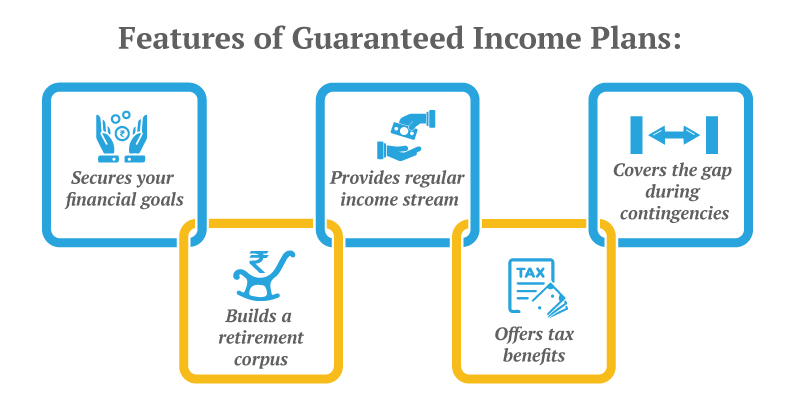Guaranteed Income Plans in UBI have gained popularity in recent years because of research showing its potential benefits. One of the newest UBI efficacy studies is from the Federal Reserve Bank of Minneapolis. This pilot project tested UBI’s practicality with 500 low-to-moderate-income households.

Positive Initial Results of Minneapolis UBI Pilot: Guaranteed Income Plans
The project’s initial findings, like many local government trials, are positive. After receiving a $500 monthly cash payment for 24 months starting in 2023, the group that received money had more food-secure households than the control group. They also had decreased Kessler scale psychological distress.
Despite promising results in short-term pilot programs like Minneapolis, Guaranteed Income Plans UBI as a policy should be approached with caution. Initial results are promising, but larger-scale UBI implementation requires more extensive and long-term studies.
Despite its 24-month duration and limited sample size, the Minneapolis experiment provided useful findings. UBI’s long-term consequences and ramifications must be studied over five to 10 years. This larger research would reveal how UBI affects behavior, economic mobility, and well-being.
READ ALSO: How to Get your Tax Return Faster? Top Apps for Faster 2024 Returns!
Examining the Impact of Guaranteed Income Plans
Short-term pilot projects may not fully reflect the effects of UBI implementation, say critics. Concerns include recipients’ willingness to work and capacity to return to work after unemployment. Long-term guaranteed income dependence may also reduce workforce engagement and commitment.
A larger, longer-term study is needed to solve these difficulties and support UBI. Such research would reveal if the Guaranteed Income Plans like UBI decrease poverty, facilitate economic mobility, and mitigate downsides like lower labor force participation.
Guaranteed Income Plans like UBI pilot programs are promising, but UBI as a policy should be approached with caution. Short-term studies like the Minneapolis one are useful, but more extensive and longer-term research is needed to thoroughly examine UBI’s effectiveness and ramifications. Policymakers can better understand how UBI affects society and make more informed policy decisions by undertaking five- to 10-year research.




